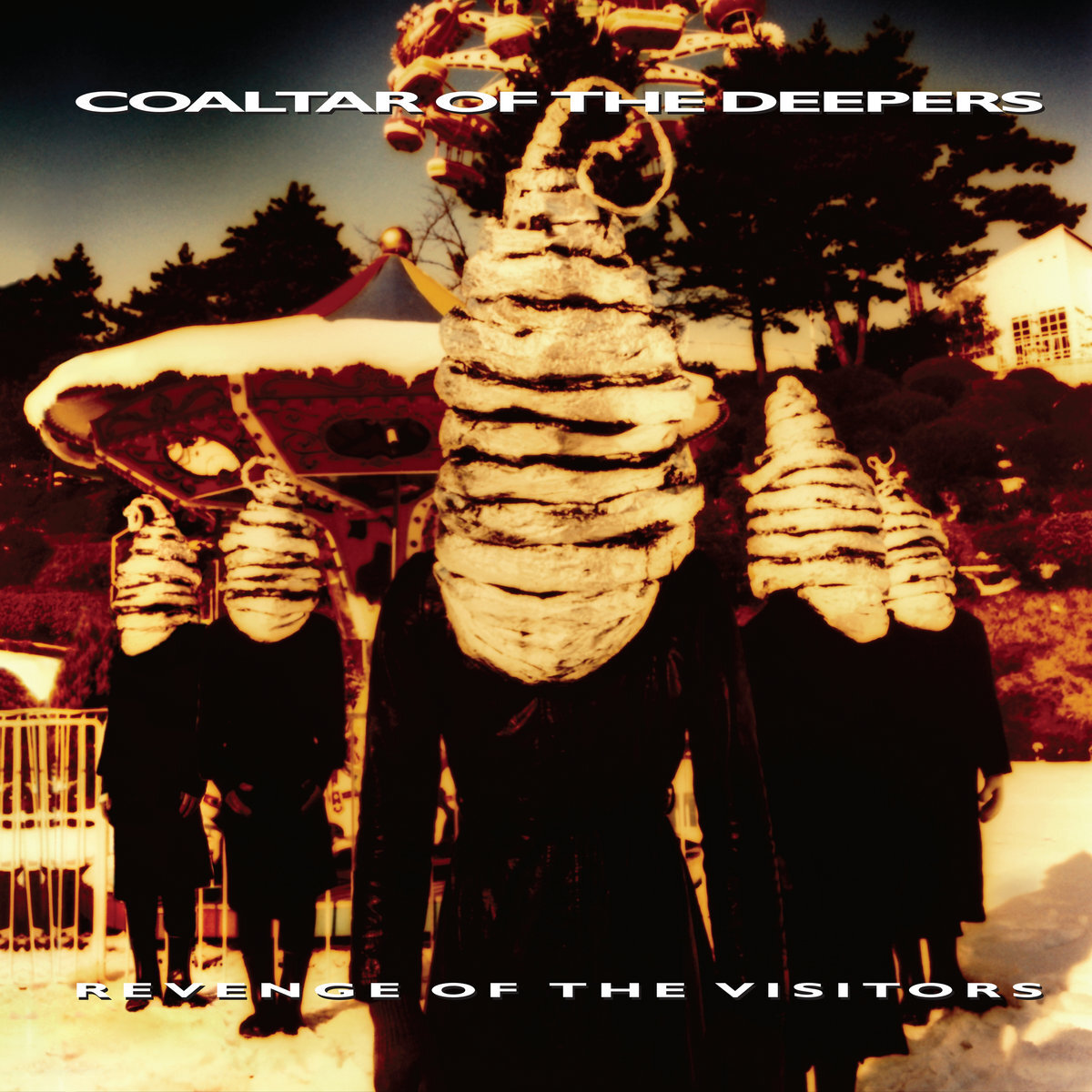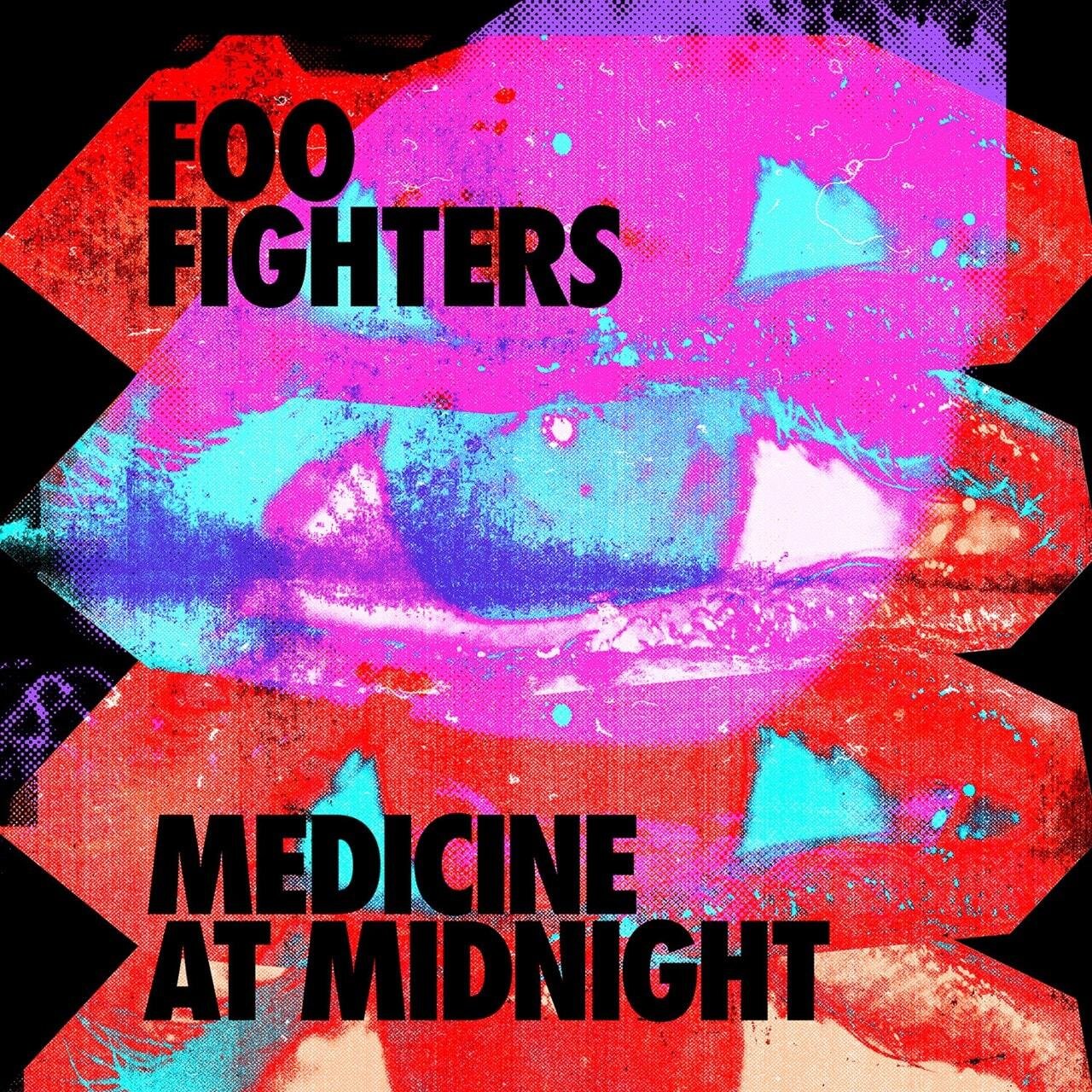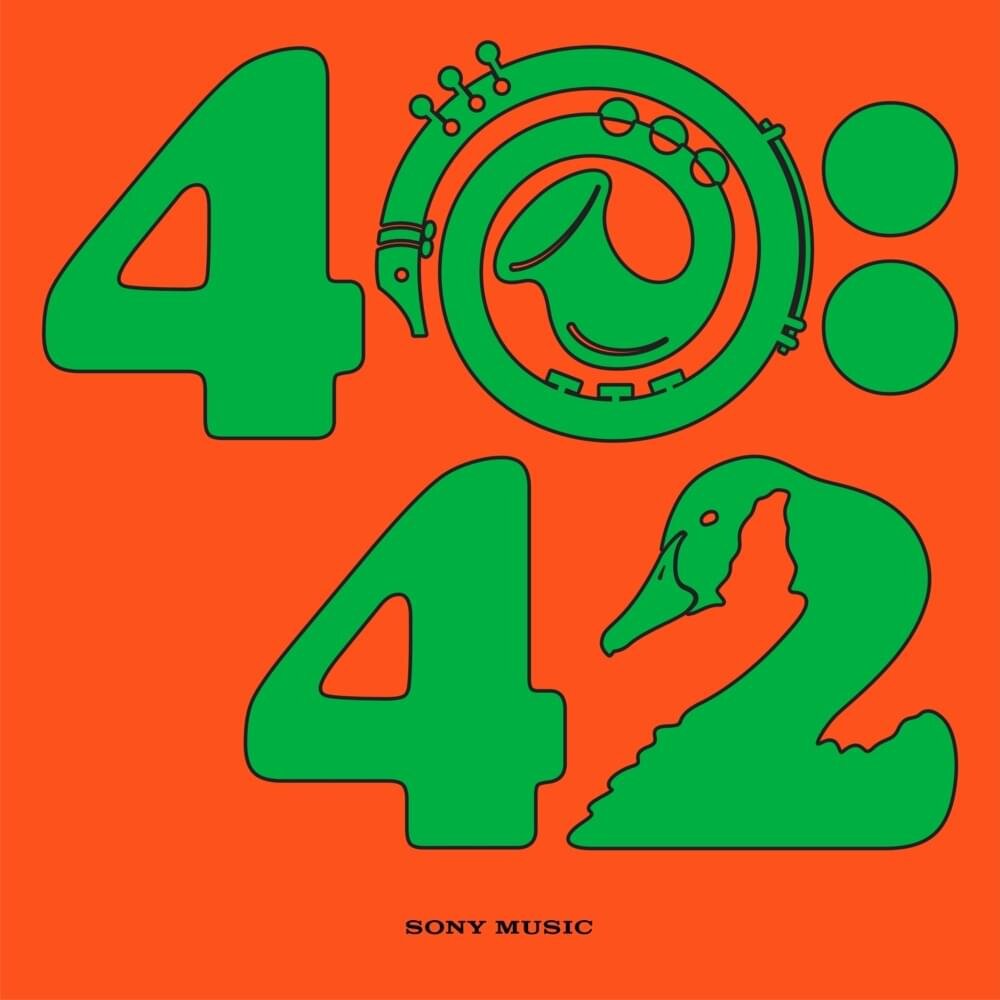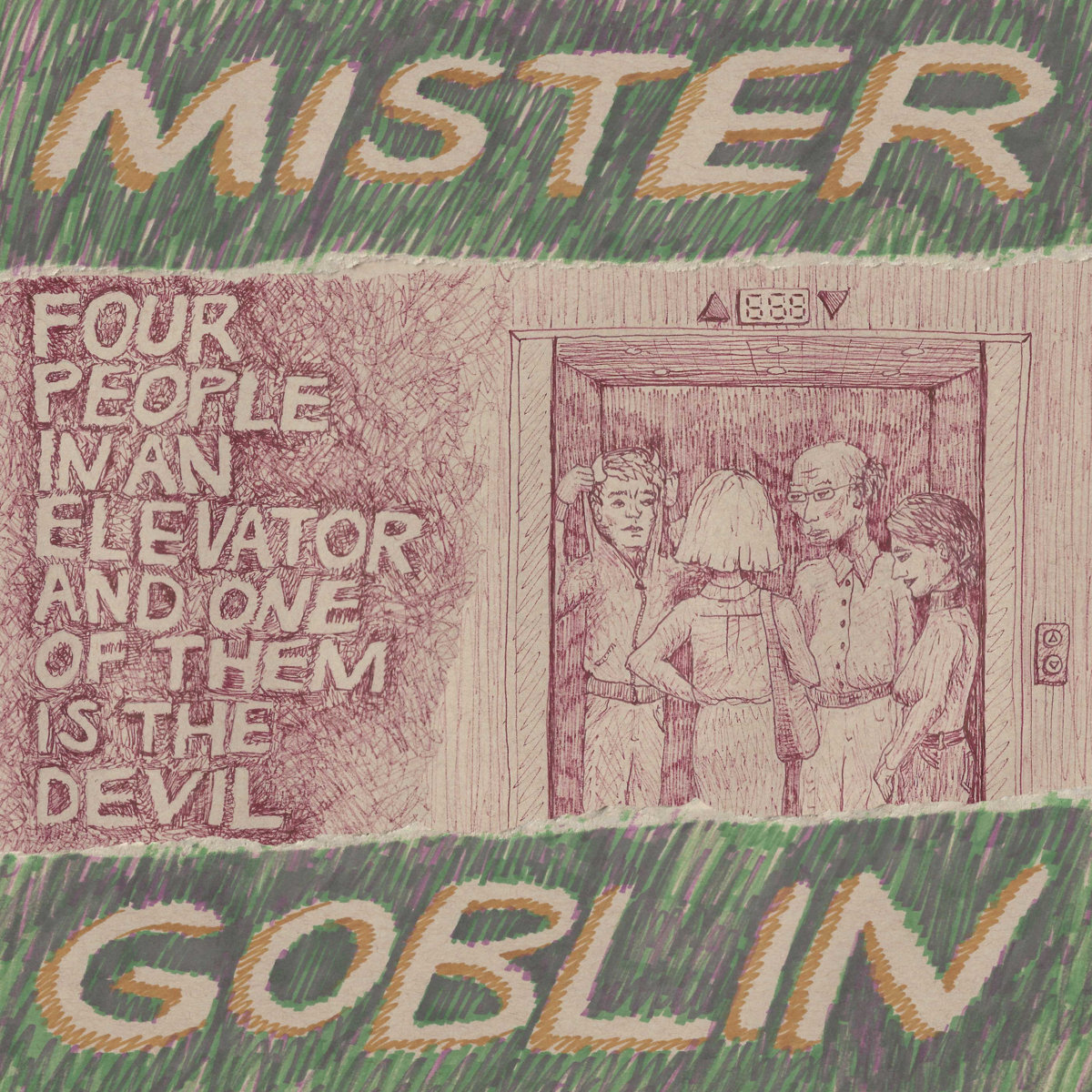Returning to Completion - An Interview With Coaltar of the Deepers
/When is a work of art finished? Rembrandt spoke to this question when he said, “A work of art is complete when in it the artist has realized his intention.” It’s a question that I keep coming back to as I listen to Revenge of the Visitors, the new(ish) album from Japanese shoegazers Coaltar of the Deepers. The album is a re-imagined spin on the band’s 1994 debut, The Visitors From Deepspace, featuring the original members. So, after twenty-seven years, why has Coaltar of the Deepers felt compelled to rework the album?
The Visitors From Deepspace was, and still is, a triumph of shoegaze. It helped set the foundations of the heavy shoegaze popularized by bands such as Hum and Deftones by incorporating elements of death and thrash metal as well as the anthemic hooks of alternative rock with shoegaze’s ethereal textures. Traditionally, artists reissue an older album with a remastered mix and add some bonus cuts or commission other artists to remix the songs in their own image. Coaltar of the Deepers eschew this path in favor of tinkering with an old work in the hopes of making something new. Segments of songs have been altered through both addition and subtraction. Sometimes the edits are slight and require a keen ear to notice, but a select few are striking in difference from the 1994 versions. It’s a risk to attempt something like this. By altering the past, the band could easily take away from the infectious energy of The Visitors From Deepspace, but I am here to tell you that Revenge of the Visitors is a resounding success.
Within seconds of hitting play on Revenge of the Visitors, the difference between the two albums is clear. As you would expect from twenty-seven years of technological advancements and artistic development, the most noticeable change is heard in the album’s sound. The drums benefit the most from this improvement as each hit rings, distinctly amplifying the frenetic pace that is kept throughout the album. The original vocals are often straightforward and struggle to stand out from the loud guitars, whereas the new renditions are elegantly layered, resulting in a fuller sound. Revenge of the Visitors finds the band leaning into their love of metal.
In regards to production, the changes between the two albums range from subtle to sweeping. Their thunderous death metal cover of The Cure’s “Killing An Arab” is punchier, and the new distorted growls of lead singer NARASAKI bring to mind the gurgling bellow of Mortician’s Will Rahmer. “Earth Thing” and “Summer Days (Revenge)” each replace clean vocals for harsh shrieks giving the songs sick yet pleasurable twists that keep them fresh. The most prominent omission is the decision to remove the ska horns from “Blink (Revenge).” It’s a wise choice as the brass sound feels dated and out of place from the rest of the album. The closing track “The Visitors (Revenge)” is the furthest departure from its counterpart, ditching what was once an abrasive hardcore song for haunting psychedelic ambiance.
Revenge of the Visitors is an improvement on The Visitors From Deepspace in many different ways, but it’s also a new experience. The band understands that the energy and passion in the performances is what makes their debut great, and they have heightened these strengths through thoughtful and precise edits. It takes courage for an artist to trust their vision and alter a work that many believe to be complete and magnificent. Coaltar of the Deepers are teaching us a lesson in trust, and Revenge of the Visitors is a 27-year-old reminder that a work of art may never be as complete as its audience sees it.
I sat down with NARASAKI, lead singer and guitarist of Coaltar of the Deepers, to discuss recreating songs, getting the band back together, and diverging from artistic expectations.
More often than not, bands decide to just reissue an album with a new mix to the sound, but you have gone in a different direction. What led you to revisit and re-imagine your debut album, The Visitors From Deepspace, as Revenge of the Visitors?
First of all, regarding this release, it is important to have early members do live gigs now, and since a new album was needed for the overseas tour, those members re-recorded the first album. We had a hard time because I thought it was impossible to make a retake that exceeds the original.
Following up on the previous question, some of the songs feature significant changes from their 1994 versions. For example, “The Visitors (Revenge)” is a haunting ambient track where the original is an intense hardcore song. How did you decide which parts of songs would be altered?
There is no doubt that this song was, and still is, an improvisation that everyone records as a jam. Both the 1994 version and the 2021 version are about 20 minutes in total, but it is an excerpt from that part. This time, the same theme as last time was included, but it was never used. This sound is used to signal that the VISITORS have already invaded.
One of the most exciting things about your music is how you incorporate different genres and sounds to create something truly unique. Regarding your songwriting process, are you making a conscious effort to blend genres, or is it something that just happens naturally?
I wasn't messing around naturally; I was trying to do something strange. Because at that time, I thought that uniqueness was the identity of the band. Music around the early ‘90s had a genre called crossover, and this album was influenced by it.
I sometimes feel that shoegaze bands can be overly somber and serious but, your music is very anthemic and whimsical. Do you feel that this is a fair assessment of your sound?
Yes, I do. I'm familiar with shoegaze as a genre, but I was originally a hardcore punk band, so it's better to do an aggressive live performance. Isn’t it funny doing that shoegaze sound with a deformed guitar with a sharp head in the first place?
It’s clear that your sound is inspired by alternative rock and shoegaze, but some of my favorite moments on Revenge of the Visitors are the flashes of death and thrash metal. Who are your influences when it comes to the harder metal side of your sound?
I like fast and heavy metal sounds. At that time, a grindcore band called Terrorizer was a favorite. On the contrary, I have hardly heard heavy metal that is light and has a melody in the song.
Heavy shoegaze has become very relevant the past few years, with newer bands like Greet Death and Narrow Head making strong albums as well as established veterans Hum making a fantastic comeback. Do you associate yourself alongside bands such as these?
No, I don’t think so. But I like those bands, they all have great sound. I think we are not allowed to enter any frame. We are always trespassing LOL.
While Coaltar of the Deepers has been consistently active the past few years, this is the first full album since 2007. Do you have plans to release more music in the future?
I'm thinking of a new attempt, and I'm already recording it. I think it will be released once it is organized.
Connor lives in San Francisco with his partner and their cat, Toni. Connor has an MFA in creative writing and is working toward becoming a community college professor. When he isn’t listening to music or writing about killer riffs, Connor is obsessing over coffee and sandwiches.


















